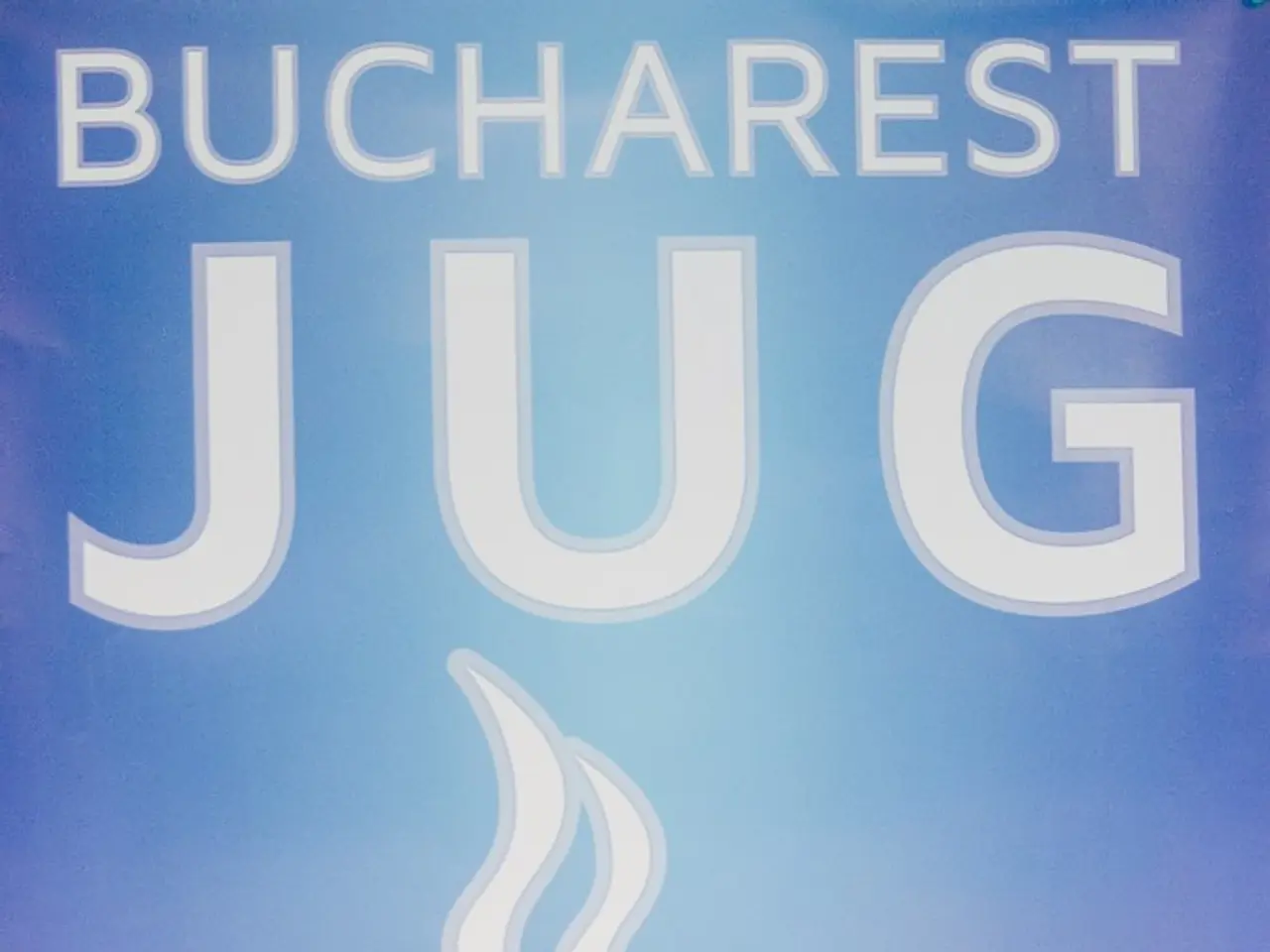Local Governments in North Rhine-Westphalia Insist on Fair Distribution of Unique Resources - Local municipalities in North Rhine-Westphalia call for an equitable distribution of special assets
In a significant development, municipalities in North Rhine-Westphalia (NRW) have called for a larger share of funds from a special federal fund, aiming to address their growing social and infrastructure challenges related to refugee accommodation and integration.
The special fund, amounting to a total of 500 billion euros over a twelve-year period, has been earmarked to support municipalities across Germany. President Olaf Gericke of the NRW county council announced that at least 60% of the funds in NRW would initially go to the municipalities. However, the Association of Cities and Municipalities NRW has demanded a larger share, citing their direct responsibility for providing social infrastructure and accommodation to refugees and vulnerable groups.
The demand for greater financial resources comes as the municipalities in NRW urgently need funds for investments, as stated by Christoph Landscheidt, the president of the Association of Cities and Municipalities NRW. The current distribution plan for the special fund in NRW focuses heavily on supporting refugee accommodation, with the NRW.BANK and the Council of Europe Development Bank (CEB) providing €325 million in low-interest loans to municipalities for acquiring, constructing, or upgrading shelters and homes for displaced people, including many refugees from Ukraine.
However, the municipalities argue that this allocation may be insufficient to cover the full scope of their needs. Over the past five years, the cities and municipalities have carried more than three quarters of all investments in the country, and the investment backlog in NRW exceeds all records with more than 50 billion euros. The funds from the special fund must flow quickly and unbureaucratically to stimulate investments, according to the NRW county council.
Christoph Landscheidt has called for a clear commitment from the black-green state government in North Rhine-Westphalia, stating that the deletion of the minimum share of 60% for municipalities from the bill is a severe blow to all municipal investment efforts. He emphasised that North Rhine-Westphalia can set a clear signal by providing the funds to the municipalities. The NRW county councilors made this announcement in response to the deletion of the initially planned minimum quota for municipalities from the bill.
In a warning to Berlin, the NRW county councilors discussed the dire financial situation of the municipalities during talks in Berlin. They highlighted that the municipalities need the funds urgently to address the growing demands caused by current challenges, such as the arrival of refugees following Russia’s invasion of Ukraine. The municipalities should be able to invest the funds specifically, without being offset or paid out via complex funding programs, to ensure effective and efficient use of the funds.
In conclusion, the special fund is primarily allocated to municipalities through low-interest loans for refugee housing projects, but municipalities want a larger funding share to adequately meet their growing social and infrastructure challenges. The NRW county council hopes that the black-green state government will provide a clear commitment to support the municipalities and help them meet these challenges.
- The Association of Cities and Municipalities NRW has demanded a larger share from the special fund, as they need more financial resources for investments, especially to cover the full scope of their needs.
- Christoph Landscheidt, the president of the Association of Cities and Municipalities NRW, has called for a clear commitment from the black-green state government in North Rhine-Westphalia, stating that the deletion of the minimum share of 60% for municipalities from the bill is a severe blow to all municipal investment efforts.
- The NRW county councilors made this announcement in response to the deletion of the initially planned minimum quota for municipalities from the bill, emphasizing that North Rhine-Westphalia can set a clear signal by providing the funds to the municipalities for vocational training, business, politics, and general-news purposes, while ensuring efficient and effective use of these funds.




